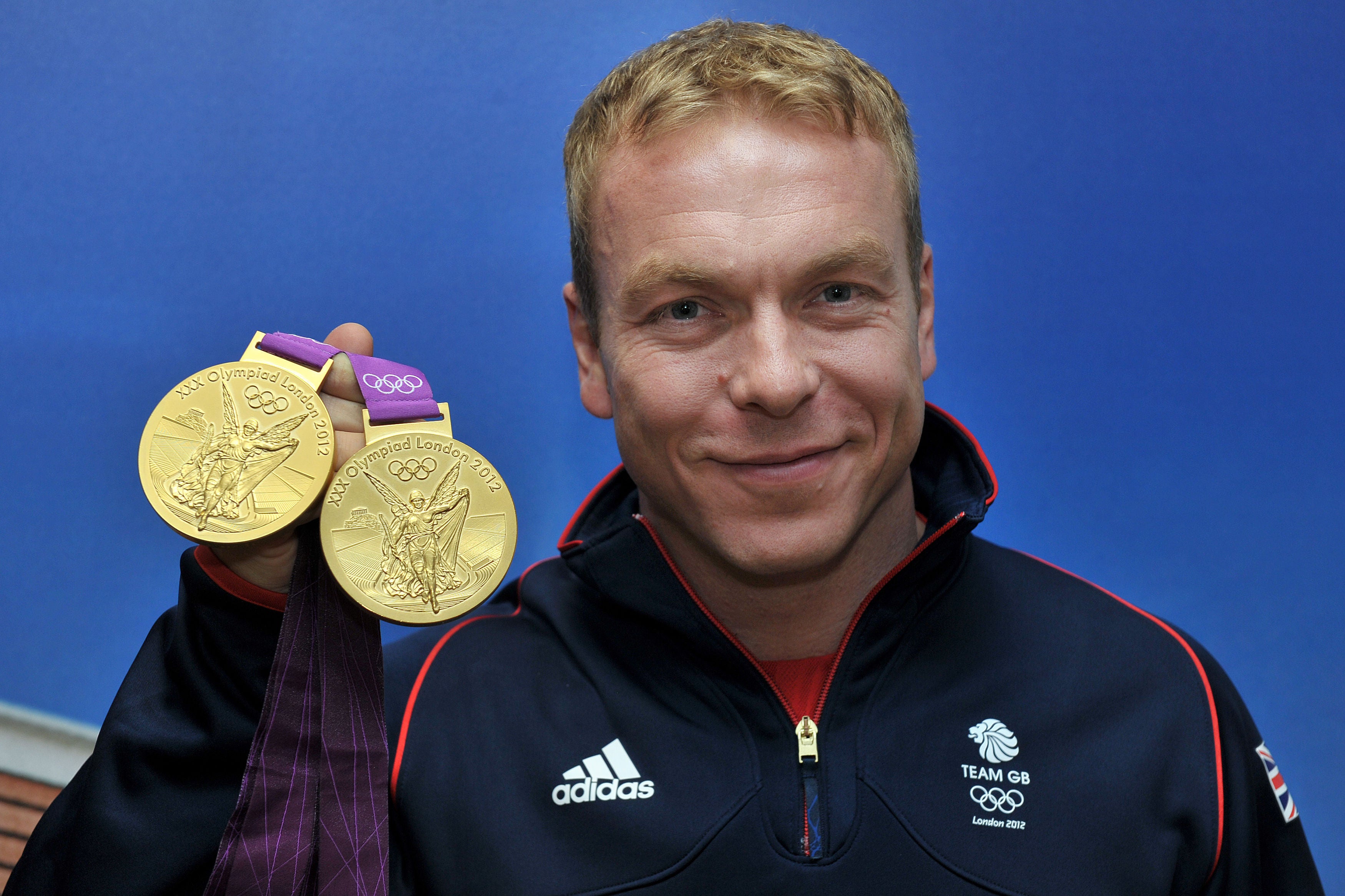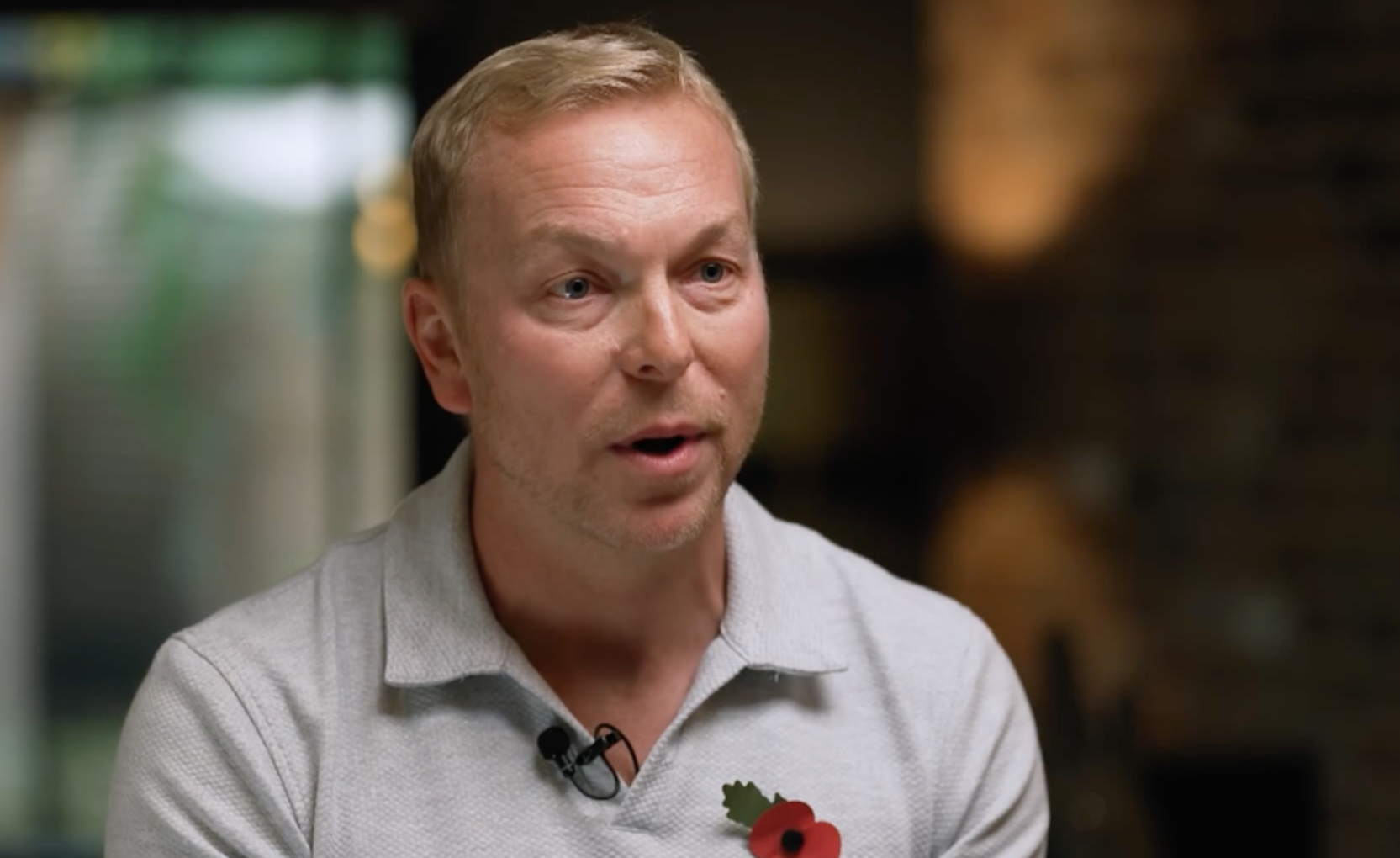Sir Chris Hoy describes ‘excruciating’ new cancer treatment to keep hair for sake of young son
Six-time Olympic champion has ‘two to four’ years to live
Your support helps us to tell the story
From reproductive rights to climate change to Big Tech, The Independent is on the ground when the story is developing. Whether it's investigating the financials of Elon Musk's pro-Trump PAC or producing our latest documentary, 'The A Word', which shines a light on the American women fighting for reproductive rights, we know how important it is to parse out the facts from the messaging.
At such a critical moment in US history, we need reporters on the ground. Your donation allows us to keep sending journalists to speak to both sides of the story.
The Independent is trusted by Americans across the entire political spectrum. And unlike many other quality news outlets, we choose not to lock Americans out of our reporting and analysis with paywalls. We believe quality journalism should be available to everyone, paid for by those who can afford it.
Your support makes all the difference.Sir Chris Hoy has spoken about enduring an “excruciating” new treatment to prevent hair loss for the sake of his young son, as he laid bare the heartbreak of his terminal cancer diagnosis for the first time.
The six-time Olympic champion revealed last month he had “two to four” years to live after being diagnosed with stage 4 prostate cancer which had spread to his shoulder, pelvis, hip, ribs and spine.
In an interview with the BBC, Sir Chris described the time after his diagnosis as a “living nightmare” and that the last year had been the toughest of his life “by some stretch” which made his cycling career look like “a bit of fun”.
The 48-year-old detailed his treatment, including wearing a freezing cold cap, gloves and socks which he described as “the biggest challenge”.
“They put these -27C mittens and socks on and an ice cap as well,” he said. “The hands and feet is to stop you from losing the sense of touch for your head it’s to prevent hair loss or to minimise hair loss.

“I’ve not got much hair anyway, I wasn’t fussed if I lost it I thought that’s a small price to pay. But my son, Callum, was quite worried about what might happen, you know are you gonna lose your hair?
“So for him I thought this is something I want to do and its important to do but that was the biggest pain, that was the biggest challenge. It was excruciating it’s like torture.”
He developed a strategy of aiming to get through one minute of chemotherapy treatment at a time to cope with the pain.
In the same interview, Sir Chris revealed he had no symptoms of prostate cancer before he was diagnosed at stage 4.
“No symptoms, no warnings, nothing. All I had was a pain in my shoulder and a little bit of pain in my ribs,” he said, adding that he thought it was tendonitis or aches from the gym but after resting it didn’t go away.

“Suddenly, everything, all your thoughts, everything rushes. It’s almost like your life is flashing before your eyes in that moment,” he said. “It does feel like this isn’t real. You feel that you want to get out, you feel like you’re a caged animal, you want to get out of that consulting room and get away from the hospital and run away from it all.
“But you realise you can’t outrun this, this is within you and this is just the first step of the process of acceptance.”
Sir Chris has called for changes in the screening process for prostate cancer. Currently, the NHS has no national screening programme for prostate cancer, but men aged 50 and over can ask their GP for a free prostate-specific antigen (PSA) test.
“I believe that the screening for men with a strong family history of prostate cancer, should be a lot younger, a lot,” Sir Chris said.
“It’s logical to me why would you not just get the test a little bit earlier, catch it before you need to have any major treatment? So to me it seems a no brainer.”

Join our commenting forum
Join thought-provoking conversations, follow other Independent readers and see their replies
Comments